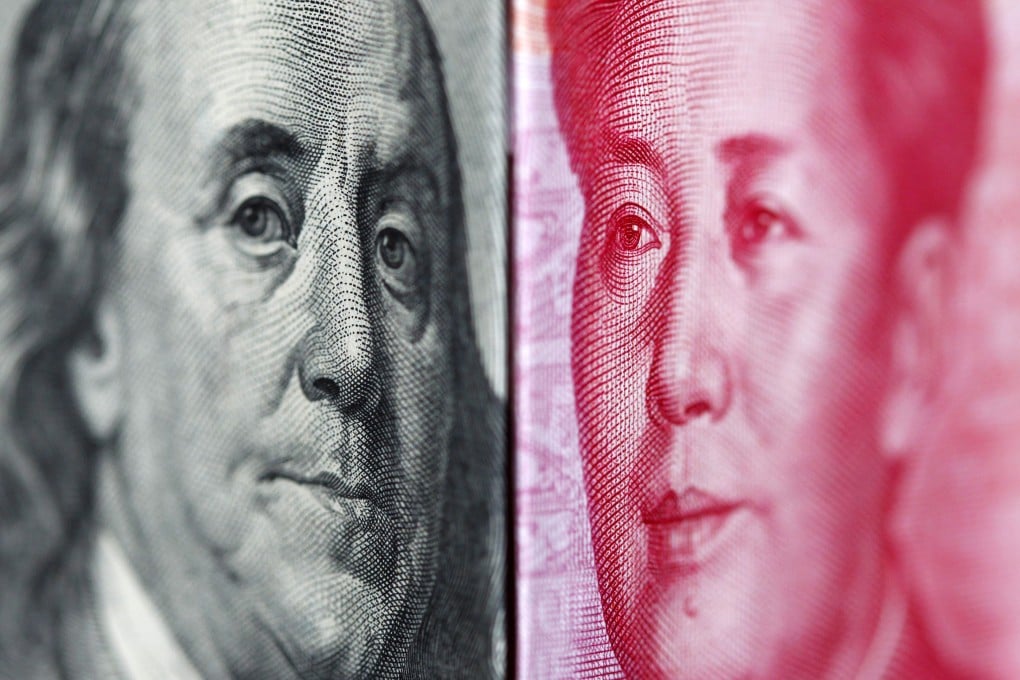Portfolio | Hope dims for China to join IMF’s SDR basket in 2015

China is taking steps to improve the liquidity and transferability of its currency, sometimes even at the cost of short-term harm to the economy, to help its currency to join a key reserve currency basket designed by the International Monetary Fund.
But by and large, chances are Beijing would get disappointed this year.
Colin Moore, Global Chief Investment Officer of Columbia Threadneedle Investments, sees Beijing unable to meet the criteria for inclusion in the so-called Special Drawing Rights basket for now and its hope to pass the review due by the year-end is quite slim.
“Given the importance of China in global trading, it is reasonable for the IMF executive board to consider the currency for inclusion in the basket of currencies used to value SDRs…but it is not clear to me that they currently meet the criteria for inclusion in the SDR,” said Moore.
The executive board at the IMF can make the SDR decision with only 70 per cent of the vote, giving hope for China since the US only has 17 per cent of the voting rights. But Moore pointed out that inclusion in the SDR will require 85 per cent of members in the IMF, and therefore the US and Europe still have a lot of bargaining power in the whole review.
Moreover, another more important question is whether China’s market reforms have prepared the currency so it can be widely used in global transactions and become freely exchangeable, or as described by the IMF “freely usable”.
To Moore, the answer for the near term is no.